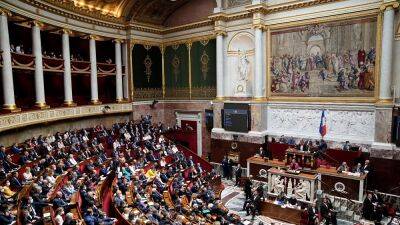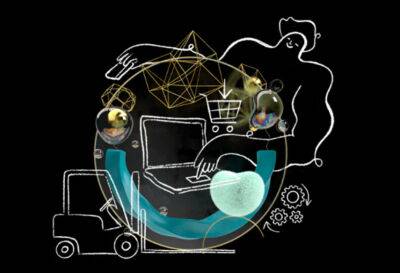Eurozone inflation climbed to new record high of 10.7% in October
Inflation in the eurozone is expected to have reached a new record high of 10.7% in October.
If confirmed later in November by Eurostat, the bloc's official statistics agency, this would be the first inflation reading crossing the 10% threshold.
The increase was fuelled by energy prices which Eurostat estimates were 41.9% higher than in the same month last year. Prices for food, alcohol and tobacco are meanwhile believed to have risen by 13.1% year-on-year.
Inflation was at 9.9% in September.
Baltic countries remain the most deeply affected with the annual inflation remaining above the 20% mark. Estonia leads the pack with a 22.4% estimate.
France retained its position as the least impacted country although annual inflation for October is seen at 7.1%. Italy, whose annual rate is forecast at 12.8%, has meanwhile recorded the highest month-of-month increase with a 4% jump.
The European Central bank, whose mandate is to keep inflation in the euro zone close to 2%, broke with more than a decade of negative interest rates over the summer in a bid to curtail price increases.
Last week, it announced the third jumbo hike of its interest rates.
Central banks use their interest rates to make money more or less expensive to either boost or restrain spending as they directly influence the rates that commercial banks offer to households and businesses.
It predicted that other such hikes were to be expected in the months to come as "inflation remains far too high and will stay above the [2%] target for an extended version."
ECB chief Christine Lagarde also warned that economic activity in the eurozone likely "slowed significantly in the third quarter of the year and we expect a further weakening in the remainder of this year and beginning of
Read more on euronews.com


 euronews.com
euronews.com

















